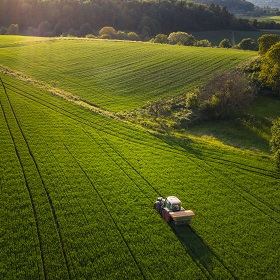
Cognizant’s Center for the Future of Work (CFoW) released its latest whitepaper: AI, Automation and Appetites: How Technology Will Feed the Future, which examines the emerging technologies of the food industry and how they will affect everything from food production to where and what we eat.
CFoW partnered with Oxford Economics to survey 304 industry leaders across the globe to understand the relationship between food and technology and to learn how leaders are preparing for the challenges and opportunities ahead.
Key findings of the study include:
- Respondents are slow on the uptake about AI. While well over one-half of respondents say AI and robotics have transformed the food industry, far fewer (29%) say the technologies are critical to their company’s survival.
- And yet the evidence is compelling. Just under one-third of respondents say their companies have implemented AI broadly across business functions. For these companies, AI investments have made a considerable difference in worker productivity (84%) and quality of worker experience (72%).
- Labor needs will shift – but not in the way you might think. Survey respondents expect the number of full-time and contract workers to hold steady regardless of how and where AI is applied. However, the vast majority of respondents (90%) believe that by 2025, AI will boost the industry’s need for high-skilled labor, and 74% forecast it will diminish demand for low-skilled work.
- Climate change is the elephant in the room. Increasingly volatile weather patterns are proving to be a bane for both consumer and producer alike. Food waste is a major contributor to climate change. As such, 52% of respondents reporting using AI and automation to great effect in reducing food waste.
“The global food system faces significant challenges, chief among them climate change, evolving food tastes, new consumption preferences and the need to feed an additional one billion people over the next 12 years,” writes Desmond Dickerson, Senior Consultant for the Center for the Future of Work. “The food industry must step up its adoption of AI, analytics and automation in short order while also reskilling the workforce to adjust to these changes. The stakes for successfully navigating the future of food have globe-spanning consequences.”
Click here to read the report.
